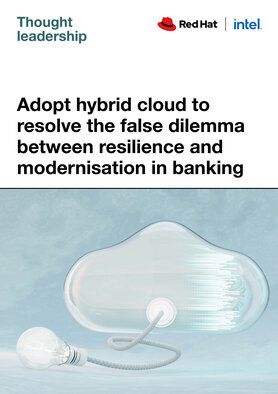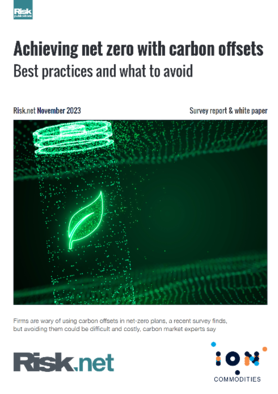Will the Russian gas crisis derail the EU’s climate agenda?
As Europe weans itself off Russian gas, this Risk report asks whether the European Union’s climate and carbon agendas will suffer.
Dramatic surges in European gas prices at the end of 2021 – and again after Russia’s invasion in February – have caused electricity producers to switch from gas to coal. This is a severe test of the EU’s climate policies, which rely on coal burning being drastically reduced. Although carbon prices have also hit record highs, they are not high enough to incentivise the use of gas. This has led to concerns around whether the carbon market is functioning as it should, as gas and carbon prices decouple.
Find out more by downloading this report.
Download the whitepaper
Register for free access to hundreds of resources.





